The Beginnings and Expansion
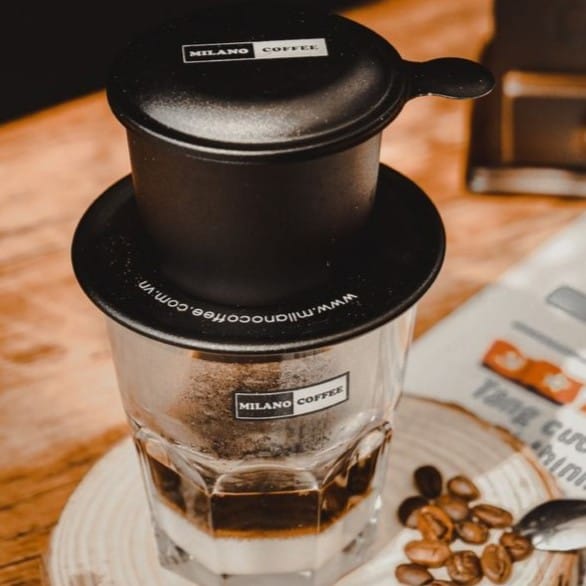
Milano Coffee has become a cornerstone of Vietnam’s coffee culture, delivering high-quality, affordable coffee in line with Mr. Le Minh Cuong’s vision of making good coffee accessible to everyone. The brand’s strength lies in its ability to scale efficiently while preserving the essence of traditional Vietnamese coffee.
By harnessing the entrepreneurial spirit of local families and adopting a light franchising model, Milano has built a rapidly expanding network, making it the only coffee chain present in all 58 provinces across Vietnam.
Milano Coffee’s journey began in 1996 when founder Mr. Le Minh Cuong entered the coffee business, focusing on roasting and distribution. The company took its first step into retail in 2011 with the launch of its franchising model, opening its inaugural store in Ho Chi Minh City.
By 2013, Milano had already surpassed 200 locations, and by 2019, the network had grown to more than 1,000 stores. This rapid expansion was further reinforced with the establishment of a state-of-the-art coffee production facility in 2020, enhancing quality control and supply chain efficiency. By 2025, the brand had exceeded 1,500 stores across 58 provinces, serving more than 4 million cups of coffee per month.

Manufacturing and Supply Chain
To ensure consistency and quality, Milano Coffee operates its own production plant in the Northwest Cu Chi Industrial Zone. This facility, which opened in 2019, has an annual production capacity of approximately 2,000 tons and adheres to international food safety standards, including FSSC 22000 and HACCP CODEX.
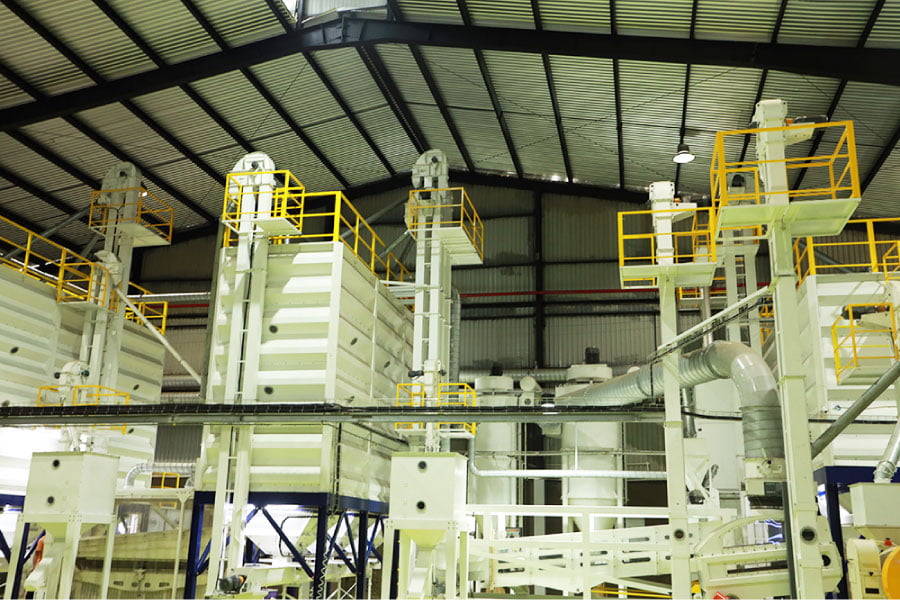


The plant produces a wide range of coffee products, from whole beans and ground coffee to high-quality green and wet-processed beans. By maintaining control over the entire production process, Milano can deliver a product that remains true to its brand while meeting the demands of a rapidly expanding network.
Franchise Model and Market Position
Milano Coffee has built one of Vietnam’s most extensive F&B store networks, with more than 1,500 stores nationwide. Unlike premium café chains, Milano thrives in the affordable market segment, which remains highly fragmented and dominated by independent shops.
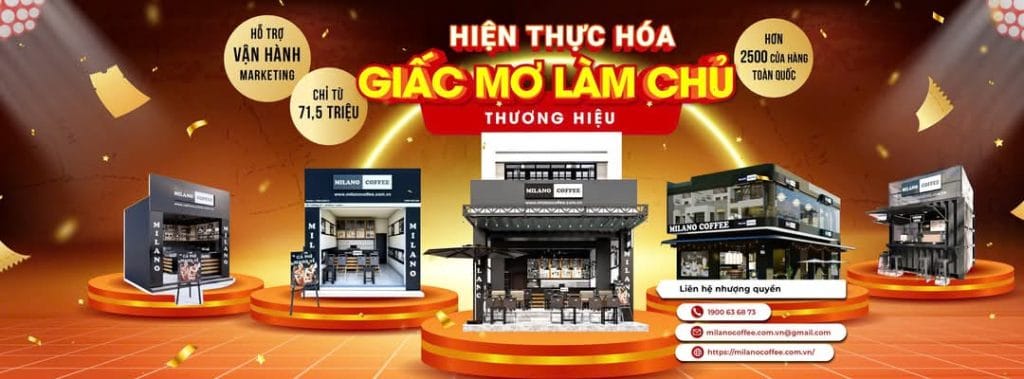
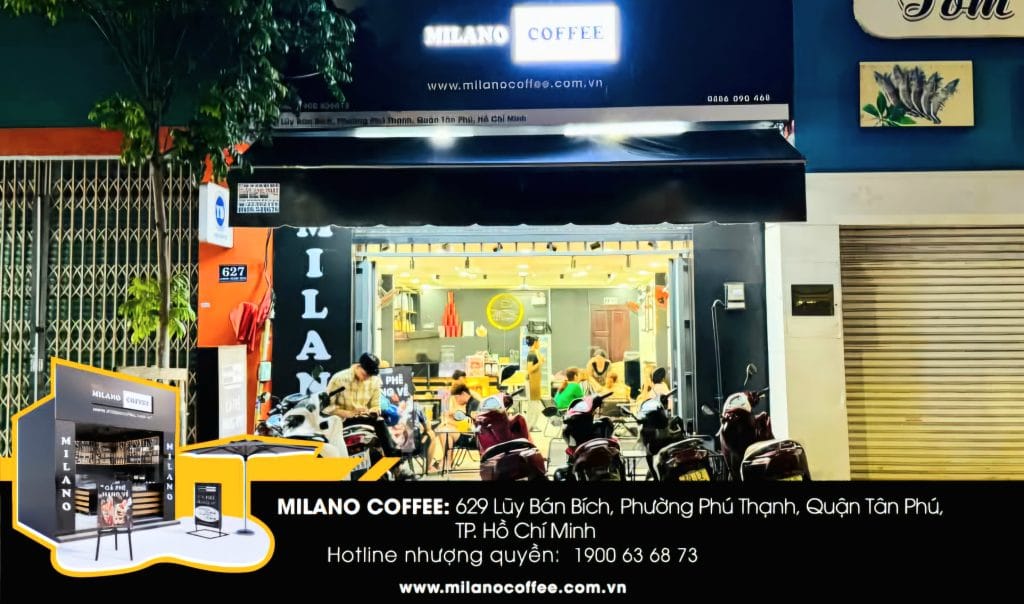
Many competitors in this space have struggled with inconsistent quality and operational inefficiencies, creating an opportunity for a well-managed chain to capture market share. Milano has positioned itself as the go-to brand for reliable, high-quality coffee at an accessible price point. In smaller cities, where branded coffee chains are scarce, Milano has become the default choice, strengthening its market presence in these underserved regions.
Maestro Equity Partners and Milano Coffee
When Maestro Equity Partners joined Milano Coffee, the brand had already built an impressive foundation, with 800 stores in operation. However, significant opportunities remained, particularly in the northern provinces, where only 10% of Milano’s locations were concentrated.
Milano was already the fastest-growing coffee chain in Vietnam, but our partnership was designed to accelerate this trajectory by enhancing financial, operational, and digital capabilities.

Our expertise in financial structuring helped Milano align with international standards, making it more attractive to institutional investors.
From an operational perspective, we introduced strategic planning frameworks that improved scalability, allowing the company to onboard and support new franchisees more efficiently.
Digital transformation became a key pillar of our collaboration, enabling Milano to modernize its approach to customer engagement and franchise management.
Digital Transformation and E-Commerce Strategy
As part of its evolution, Milano Coffee has embraced digital initiatives to enhance both franchise operations and consumer engagement. A proprietary application now serves as the primary platform for franchisees, streamlining communication, inventory management, and operational oversight. This system has improved transparency and efficiency, ensuring that franchise partners have the tools they need to succeed.


On the consumer side, Milano has expanded its reach beyond physical stores by offering its coffee products on leading e-commerce platforms such as Shopee. This move has provided customers with the convenience of purchasing Milano’s signature blends online while increasing brand visibility in the digital space.
In addition, Milano launched its consumer-facing mobile app at the end of 2024. This app deepens customer relationships, gathers valuable data, and creates new engagement opportunities through personalized promotions and loyalty programs. While international brands like Luckin Coffee have focused on digitizing the coffee purchasing experience, Milano is leveraging technology to reinforce the deep cultural connection that Vietnamese consumers have with its products.
Expansion and Future Growth
Following Maestro’s investment, Milano has expanded its footprint at an accelerated pace, focusing on both urban and suburban markets. In city centers, store formats have been optimized for high-density areas, while in suburban regions, the emphasis has been on accessibility and community presence. The brand’s franchise model has been refined to attract high-quality partners who align with Milano’s long-term vision. At the same time, supply chain improvements have strengthened the company’s ability to scale sustainably.
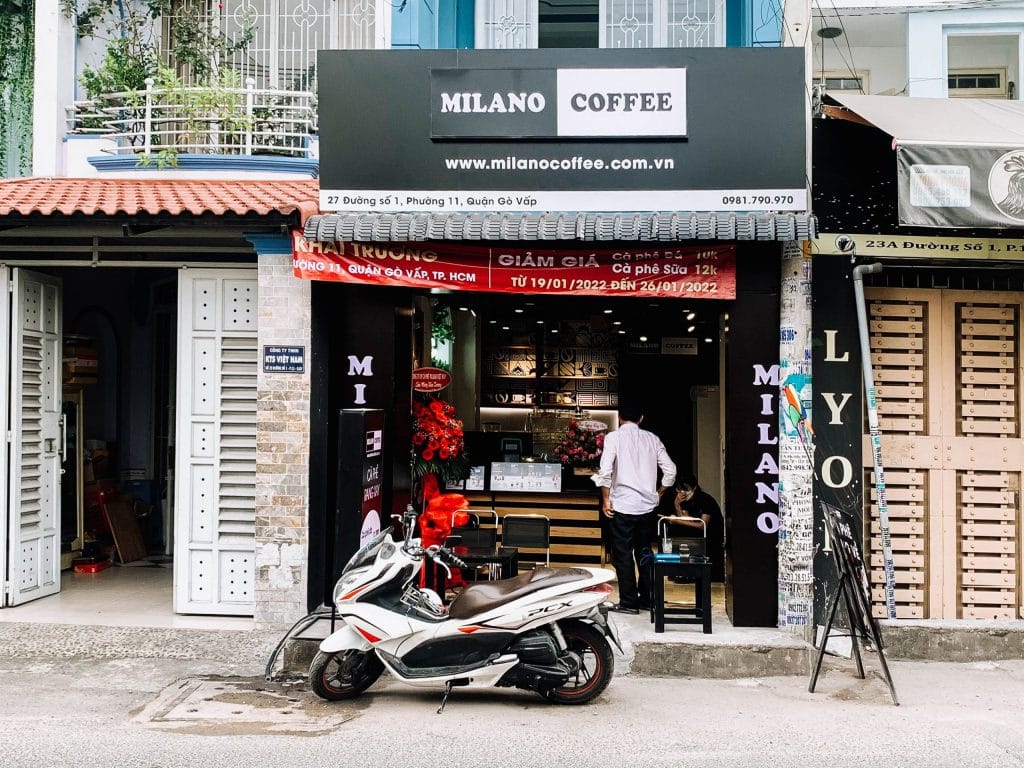
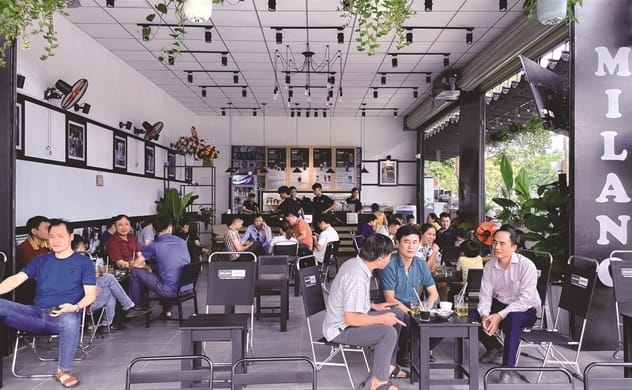
A key milestone in this expansion was the launch of Milano’s coffee production facility, which provided greater control over sourcing, roasting, and distribution. This investment has not only ensured consistent quality but has also driven cost efficiencies that allow Milano to maintain its affordable pricing strategy. Additionally, Milano continues to diversify its product offerings, regularly introducing new blends while staying true to its core identity as Vietnam’s trusted, everyday coffee brand.
Looking ahead, Milano Coffee is poised for further expansion, both within Vietnam and in select international markets. With a proven business model, strong brand recognition, and a clear digital roadmap, Milano is well-positioned to continue shaping Vietnam’s coffee landscape for years to come.
